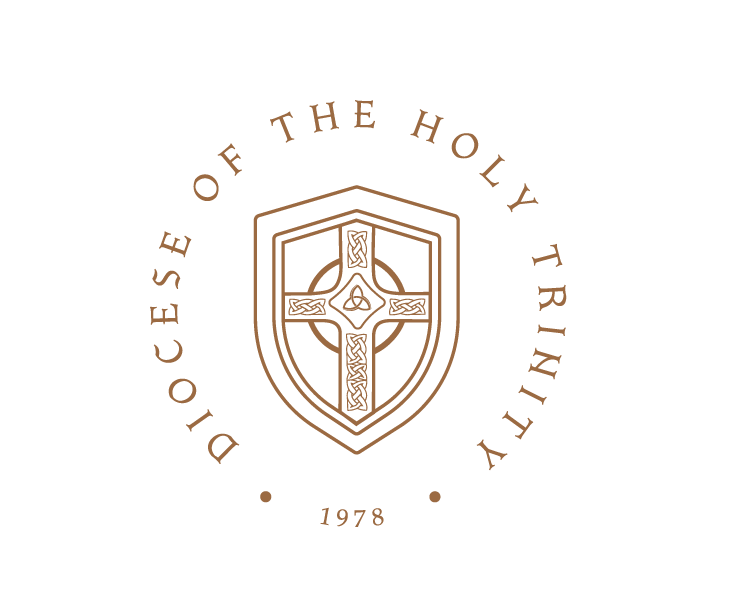Humanity and Christ
The word “human” is, for us, synonymous with words like “flawed” and “sinful.” We excuse our foibles and failures by saying, “We’re only human.” Christmas reveals this to be a false premise. For Jesus is human, but not flawed or sinful. In fact, our sins reveal that we are yet fully human. We are only in the process of becoming by grace what Jesus is by nature.Jesus is fully human. He will eat, drink and celebrate. He will fast, weep and mourn. He will experience pain and pleasure, joy and anger, disappointment and frustration. He will be popular, then rejected by all. He will suffer and die and then he will rise from the dead—because he is also God and God cannot be held by death. Easter is the inevitable result of Christmas.But Jesus will never worship an idol or act in malice. He will never use another person to get something for himself. He will never gossip about others to make himself feel good. He will never ignore the will of God and the good of others for pleasure, power or profit. He will never mistake lust for love. Jesus will bear all things, believe all things, hope all things, endure all things (1 Cor. 13). In other words, Jesus will be fully human.In the Christmas collect we ask God to grant that “we, being regenerate, and made thy children by adoption and grace, may daily be renewed by thy Holy Spirit” (BCP 96). Through baptism and faith, we have become fully human sons and daughters of God. We have become by grace what Christ is by nature. Thus, we are no longer stuck in sub-human patterns of behavior.The twelve-day season of Christmas is a time to experience again the gift of genuine humanity—and then to bear witness to what we have experienced. The Word made flesh has come to us; now the Word made flesh comes to others through us. As fully human sons and daughters of God, may our renewed humanity change our homes and families and the places where we work and play. For Christmas enables us to be not “only” human, but fully and genuinely human.

